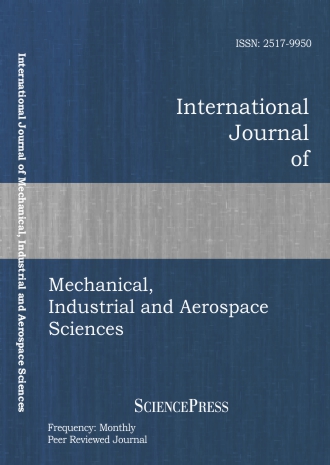
Scholarly
Volume:1, Issue: 12, 2007 Page No: 717 - 722
International Journal of Mechanical, Industrial and Aerospace Sciences
ISSN: 2517-9950
872 Downloads
Limit Cycle Behaviour of a Neural Controller with Delayed Bang-Bang Feedback
It is well known that a linear dynamic system including a delay will exhibit limit cycle oscillations when a bang-bang sensor is used in the feedback loop of a PID controller. A similar behaviour occurs when a delayed feedback signal is used to train a neural network. This paper develops a method of predicting this behaviour by linearizing the system, which can be shown to behave in a manner similar to an integral controller. Using this procedure, it is possible to predict the characteristics of the neural network driven limit cycle to varying degrees of accuracy, depending on the information known about the system. An application is also presented: the intelligent control of a spark ignition engine.
Authors:
References:
[1] T. Wiens, R. Burton, G. Schoenau, and M. Sulatisky, "Intelligent fuel